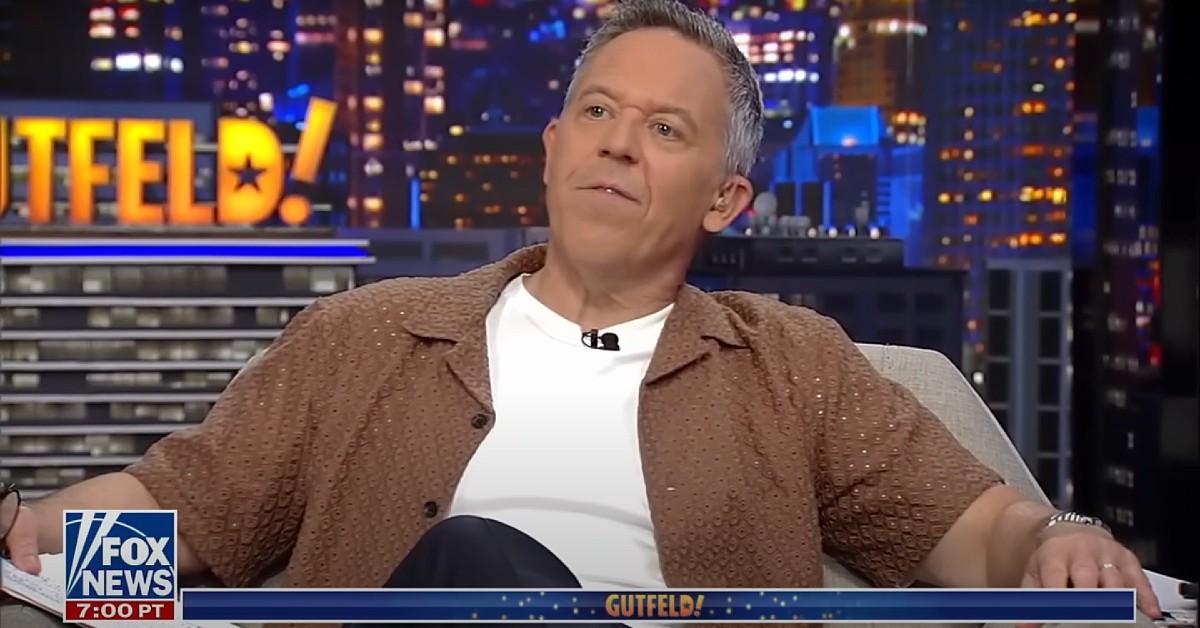EXCLUSIVE VIDEO INTERVIEW: Michael Jackson’s Chef Reveals Bombshell About Singer’s Doctor
July 6 2009, Published 2:25 p.m. ET
In a blockbuster video interview with RadarOnline.com that could change the course of the police investigation into the death of Michael Jackson, his personal chef has revealed eyewitness details about medical treatment the singer was receiving shortly before his death.
Douglas B. Jones was employed as Jackson’s chef shortly before the singer died. His observations about Dr. Conrad Murray, the cardiologist who treated Jackson at the time of his death, bring new and powerful information forward.
Investigative sources have confirmed that police found Diprivan (also known as propofol), a power sedative used as an anesthetic, at Jackson’s house. Medical professionals and medical literature clearly state that Diprivan, which is not for home usage, should always be used with oxygen.
“I noticed Dr. Murray exiting the kitchen area through the side door to the driveway area carrying a couple of oxygen tanks,” Jones told RadarOnline.com correspondent Rachel Smith. “The oxygen tanks were waist high, from my height. Heavy duty tanks.”
Not only did he see Dr. Murray, who was treating Jackson, leave the house with the large oxygen tanks, but Jones also saw more tanks stored on the premises.
“There were occasions where I noticed during my term of employment in the security mobile unit that was located in the driveway that there was a few oxygen tanks there as well.”
Jones is the first person to come forward and say he saw oxygen tanks at the home. The oxygen coupled with the Diprivan discovery could be a smoking gun in what killed Jackson.
A February, 2006 article in Emergency Medical Journal states that administering oxygen with Diprivan “should be standard practice.” The medical journal article ends by saying: “Supplemental oxygen should be given to patients receiving propofol (Diprivan). Close monitoring of O2 saturation, respiration, pulse and blood pressure are essential.”
The coroner has not yet determined a cause of death for Jackson and is waiting for the results of toxicology tests. But the discovery of Diprivan in the house has raised alarm bells. And Cherilyn Lee, a registered nurse and nutritionist who worked for Jackson said he begged her for propofol, the generic form of the drug, in the days before he died. She says Jackson claimed he needed it to sleep and other people close to the singer have said he suffered from a sleep disorder. Lee says she turned down his request and told him the drug could kill him.
But Jackson apparently obtained the drug, because it was found in his house by LA’s Robbery-Homicide division, the lead investigators on the case. New reports say police obtained three search warrants to determine if drugs played a part in Jackson’s death. Five doctors are reportedly under scrutiny and the DEA has joined the investigation.
It is not known if LAPD found oxygen tanks in their search of the house. Two truckloads of material were removed from the house by a family member as the house was not locked down as a crime scene, resulting in criticism of the police.
Diprivan alone could have killed Jackson. But Diprivan in conjunction with other drugs he was taking also could have been deadly.
Jones revelation that he saw oxygen tanks at the house, where cops believe Diprivan was administered to Jackson, could add a crucial component to the death investigation.
Use of Diprivan at home is unheard of and can lead to cardiac arrest, which is what Jackson suffered before dying. The drug can cause the collapse of a patient’s heart rate and blood pressure. Medical professionals say that use of the drug is usually limited to anesthesiologists. Jackson may have become familiar with the drug because of the multiple plastic surgery procedures he had.
Dr. Murray has been interviewed by police and has not been labeled a suspect. Murray and his attorneys say the doctor had his own condo in the Los Angeles area where he stayed. But Jones, the chef, told RadarOnline.com that Murray was with Jackson five days a week.
“Dr. Murray was on the property at least five nights a week,” Jones told RadarOnline.com. “My understanding was he was there all night to monitor Mister Jackson.” Jones was interviewed by RadarOnline.com at the SLS hotel in Beverly Hills.
Jones said he had his doubts about Jackson being able to make it through a rigorous concert tour. “He looked thin or slim,” Jones said. “He was talking very slowly and he was moving very slowly. He had the surgical mask on” and he also wore “this shower cap or surgical cap,” that was bluish in color. Jones left Jackson’s employ at the end of May. He says that Jackson wanted him to accompany him on tour but they couldn’t agree on financial compensation. Jackson died June 25.

Watch the exclusive RadarOnline.com video interview with Jones to hear about Jackson’s final days.


